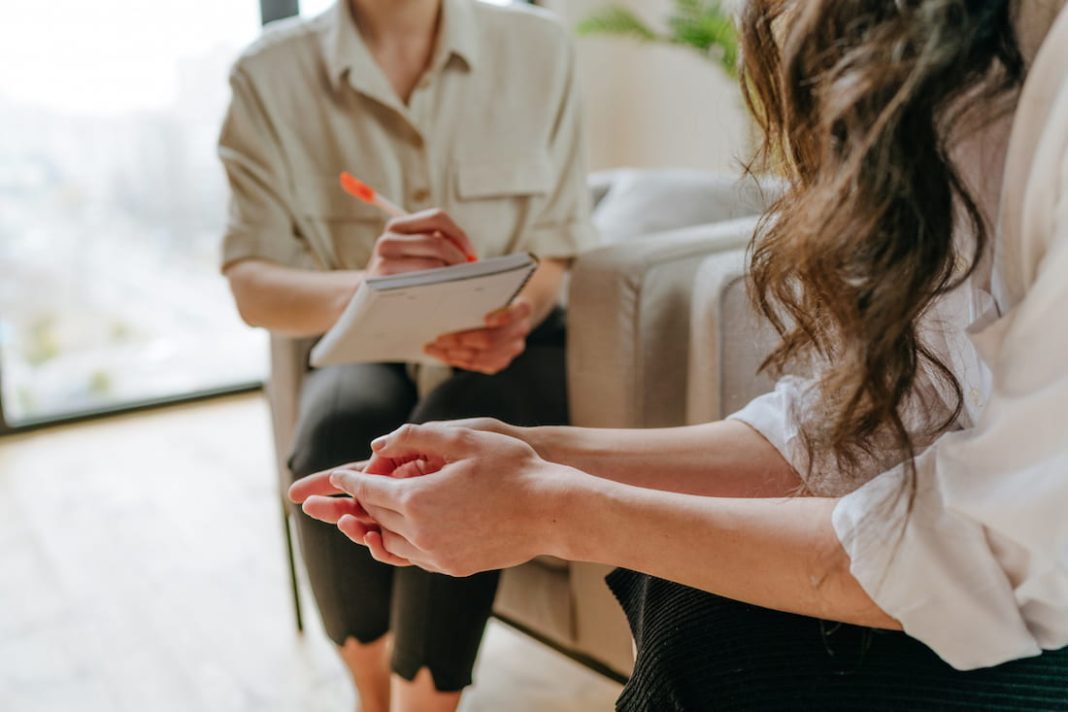I’ve been a Clinical Psychologist for many years now and I want to share some tips for those of you who might be new to therapy, contemplating seeing someone or have seen someone for a long time but feel you’re not making the most of your sessions.
Seeking help is about investing in yourself and your well-being and you are worth the effort. Psychological therapy is hard work and it can often take some time to make long-standing changes. Most people will need at least 10-12 sessions to really work on changing problems that might have been there for some years. That’s because psychologists use evidence-based, science-backed strategies to help people change their behaviour, thinking and feeling (often called cognitive behavioural therapy) and it takes people a little while to learn these skills.
Prepare beforehand
Go in prepared with what you want to get out of your sessions. Take some time to prepare for the session, thinking about how you’ve been feeling lately, what’s been worrying you and any behaviours you’re concerned about; Write some notes down to jog your memory while you’re there. I recommend to my clients that they come early to their appointment and take a little time to settle themselves.
Allow yourself to be vulnerable
For your therapist to help you they need to know what’s going on. You can trust them; they won’t judge you so be honest. It’s hard opening up sometimes and talking about your feelings but that’s what therapists are good at; listening, showing empathy, validating your feelings, and helping you come up with solutions and strategies for success.
Take notes
Bring a notepad with you to write down the strategies discussed and what you need to do between now and the next session.
Allow yourself some downtime afterwards
Therapy sessions can be very draining especially when you are talking about not-so-nice things and hard emotions. Give yourself a bit of time afterward before going back to school or work or picking up the kids just to centre yourself before getting on with your day.
Process what was covered
Take some time after the session to think about what was discussed. What insights did you gain? What strategies do you need to practice? When, where and how will you put in place the strategies discussed?
Do your homework
The real work is what you do outside of the session. When I work with children, for example, I make sure that the parents/carers know what to do to assist their child. What they do with their child in between sessions is much more powerful than what I can do in 50 minutes.
What you are learning are life skills and ways of behaving and thinking that will help you throughout your life. The skills you learn can usually be applied to a variety of problems throughout your life. So, keep practicing!



